Is low blood pressure your concern? There are several ways to treat it, and sometimes it can be managed at home. Check this article to learn more.
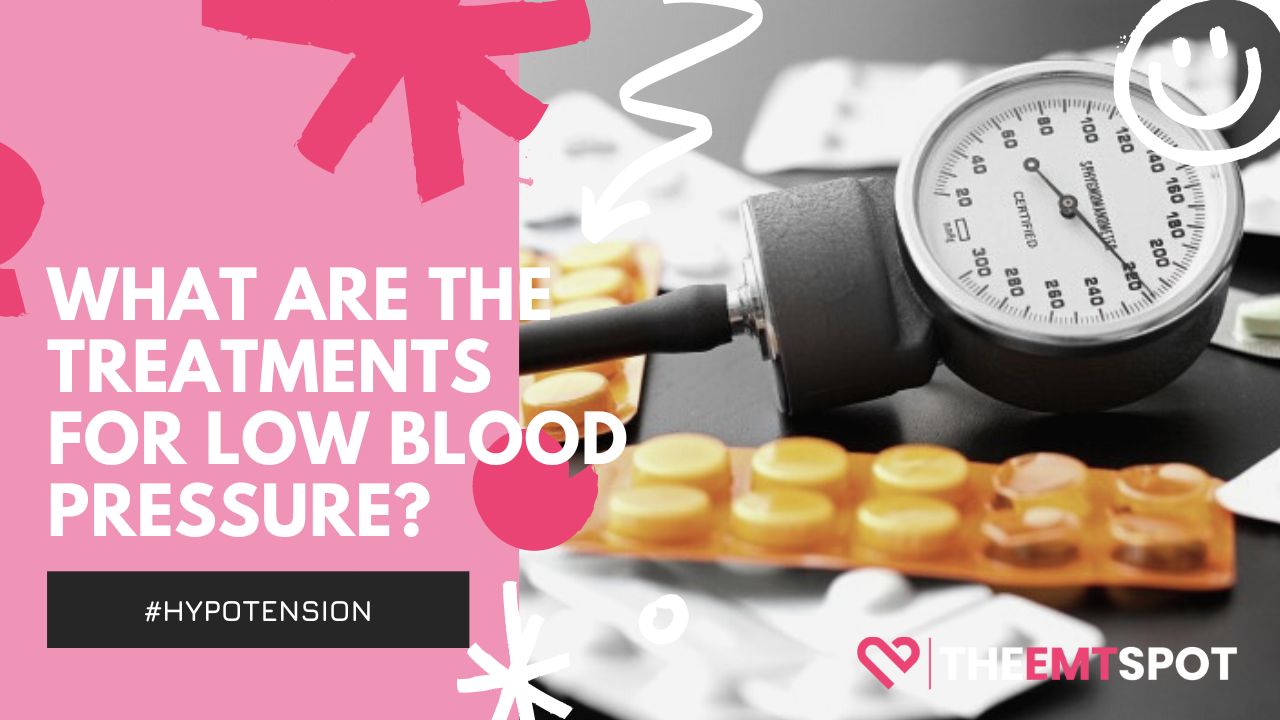
Quick Summary
- Low blood pressure can be easily treated, and sometimes small lifestyle changes are all that are needed to achieve it.
- Medication, natural supplements, lifestyle changes, and dietary modifications are some of the ways to treat low blood pressure.
- Using natural supplements to manage blood pressure is generally considered safe as long as you do not have dangerously low blood pressure.
Treating low blood pressure is a relatively straightforward process that can have significant benefits for overall health and well-being.
With the right approach, individuals can effectively manage low blood pressure and avoid potential complications.
Hypotension occurs when the pressure exerted by the blood on the walls of blood vessels is below the standard range of 90/60.
While it is commonly perceived as an indicator of a robust cardiovascular system, low blood pressure can manifest with symptoms like dizziness, lightheadedness, and fatigue.
Fortunately, several treatments available can help normalize blood pressure levels. From lifestyle modifications to medications and natural supplements, you can live comfortably with low blood pressure.
Proper management of low blood pressure is crucial to prevent potential complications. When the blood pressure drops below 90/60, it can negatively impact organ function and deprive vital organs of oxygen and nutrients.
By proactively addressing low blood pressure and implementing appropriate treatment strategies, individuals can maintain optimal blood flow, reduce symptoms, and promote overall health.
This article will provide you with a comprehensive list of treatment options that can help manage blood pressure levels within a healthy range.
Additionally, the article elaborates on top blood pressure supplements and smart blood pressure monitors, which are a crucial part of the treatment. Let us delve into the core of this article.
Contents
What Are The Treatment For Low Blood Pressure?
Low blood pressure can be challenging to manage, especially when it causes symptoms and affects daily life.
While mild cases of low blood pressure may not require treatment, more severe or symptomatic cases may necessitate medical intervention.
In such instances, several clinical treatments are available to help stabilize blood pressure and improve overall well-being. This article explores some of the major clinical treatments for low blood pressure.
1. Medications
Medications are commonly prescribed to manage low blood pressure. The choice of medication depends on the underlying cause and individual patient characteristics. Some commonly prescribed medications include:
- Fludrocortisone: This medication helps increase blood volume by reducing the amount of salt excreted in the urine.
- Midodrine: It works by constricting blood vessels, thereby raising blood pressure.
- Alpha-1 agonists: These medications help tighten and narrow blood vessels, raising blood pressure.
2. Lifestyle changes
In addition to medication, lifestyle modifications can play a crucial role in managing low blood pressure. Some effective strategies include:
- Increasing salt intake: Increasing salt consumption in moderation can elevate blood pressure in certain individuals. Nevertheless, it is crucial to seek guidance from a healthcare provider to ascertain the optimal quantity of salt to be incorporated into the diet.
- Staying hydrated: Maintaining adequate fluid intake is essential to prevent dehydration, which can contribute to low blood pressure. Drinking plenty of water throughout the day is recommended.
- Wearing compression stockings: By exerting pressure on the legs, these specialized stockings aid in enhancing blood circulation, thereby preventing the accumulation of blood and reducing blood pressure.
3. Dietary modifications
Certain dietary changes can be beneficial in managing low blood pressure. These include:
- Consuming smaller, more frequent meals: Eating smaller meals throughout the day can help prevent a sudden drop in blood pressure after meals.
- Avoiding alcohol: Alcohol can lower blood pressure, so it’s advisable to limit or avoid its consumption.
- Increasing fluid and salt intake: Adequate hydration and salt intake, under the guidance of a healthcare professional, can help raise blood pressure.
4. Other treatments
In specific cases of low blood pressure, additional treatments may be recommended. These include:
- Intravenous fluids: In severe cases of low blood pressure, intravenous fluids may be administered to increase blood volume and raise blood pressure quickly.
- Medications to treat underlying conditions: Addressing the root cause of low blood pressure, such as anemia or hormonal disorders, can potentially enhance blood pressure levels and alleviate the condition.
5. Natural supplements and traditional medications
They are often used to address low blood pressure. The selection of blood pressure supplements depends on the underlying cause and individual patient needs. Some commonly used options include:
- Herbal supplements: Licorice root, ginseng, and ginger are considered to possess properties that are thought to help regulate blood pressure and enhancement of blood circulation.
- Vitamin and mineral supplements: Nutrients such as vitamin B12, folate, and iron play a vital role in blood production and maintaining healthy blood pressure levels.
Which Is The Safest Treatment To Manage Blood Pressure?
Natural blood pressure supplements have emerged as one of the best treatment options for individuals seeking to lower their blood pressure levels.
While blood pressure monitors are essential for assessing heart health, supplements can play a crucial role in fortifying the heart and maintaining optimal blood pressure.
Several natural supplements have gained recognition for their ability to support blood pressure management and promote overall cardiovascular wellness.
Blood Pressure Optimizer, Blood Pressure Support, and Circula BP are natural supplements that help maintain blood pressure, promote cardiovascular wellness and flush toxins.
By providing clinical doses of these natural ingredients, these supplements offer a range of advantages.
They possess anti-inflammatory properties that help reduce inflammation in blood vessels, thus improving their function and contributing to healthy blood pressure levels.
Additionally, they safeguard the heart by supporting its health and strengthening its pumping function.
Furthermore, these supplements enhance blood circulation, ensuring that vital organs receive an adequate supply of oxygen and nutrients.
This promotes overall cardiovascular wellness and contributes to optimal blood pressure regulation. Moreover, they aid in maintaining normal cholesterol levels, which is vital for heart health.
It is important to note that these natural blood pressure supplements have been scientifically validated and proven effective in supporting healthy blood pressure levels.
What Are The Smart Ways To Monitor Low Blood Pressure?
Effective heart health management involves monitoring blood pressure, exercising cardiovascular, monitoring caloric intake, and choosing appropriate supplements are a few steps to prevent low blood pressure.
Smart blood pressure monitors are becoming increasingly popular due to their ability to instantly update healthcare data to smartphones, enabling more efficient tracking of blood pressure readings.
QardioArm, Oxiline Blood Pressure X Pro, and CheckMe BP2 are three cutting-edge wireless and portable blood pressure monitoring devices that are clinically validated to measure blood pressure, heart rate, and irregular heartbeat.
These devices can be connected to your smartphone via Bluetooth or WiFi, providing a more interactive visualization of your heart health by recording your blood pressure, heart rate, SpO2, and other relevant metrics.
Conclusion
Treating low blood pressure is essential for maintaining overall health and well-being. While low blood pressure is often considered a healthy sign of a well-functioning heart, it can cause troublesome symptoms and potentially lead to complications.
Medications, such as Fludrocortisone, Midodrine, and Alpha-1 agonists, are commonly prescribed to stabilize blood pressure and address the underlying causes.
Lifestyle changes, such as augmenting salt consumption, maintaining adequate hydration, and utilizing compression stockings, can also positively impact the management of low blood pressure.
Additionally, dietary changes, such as consuming smaller, more frequent meals and avoiding alcohol, can contribute to maintaining stable blood pressure levels.
Natural blood pressure supplements and traditional medications are gaining recognition as effective treatments for managing low blood pressure.
Herbs like licorice root, ginseng, and ginger are believed to have properties that can regulate blood pressure and improve circulation.
Vitamin and mineral supplements, such as vitamin B12, folate, and iron, play a vital role in supporting healthy blood pressure levels.
Moreover, smart blood pressure monitors provide a convenient and efficient way to monitor blood pressure and track heart health.
These wireless and portable devices can sync with smartphones, allowing for easy access to real-time health data and comprehensive tracking.
By proactively addressing low blood pressure and implementing personalized strategies, individuals can improve their quality of life and minimize the risks associated with this condition.

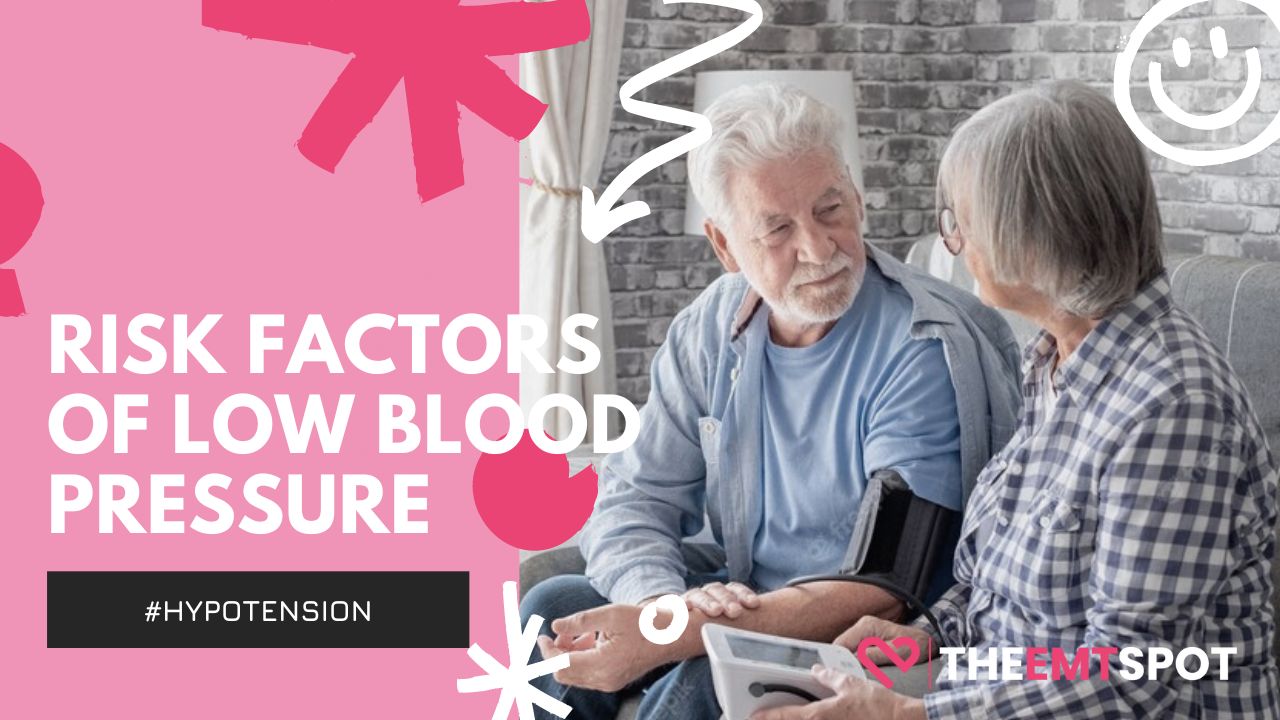
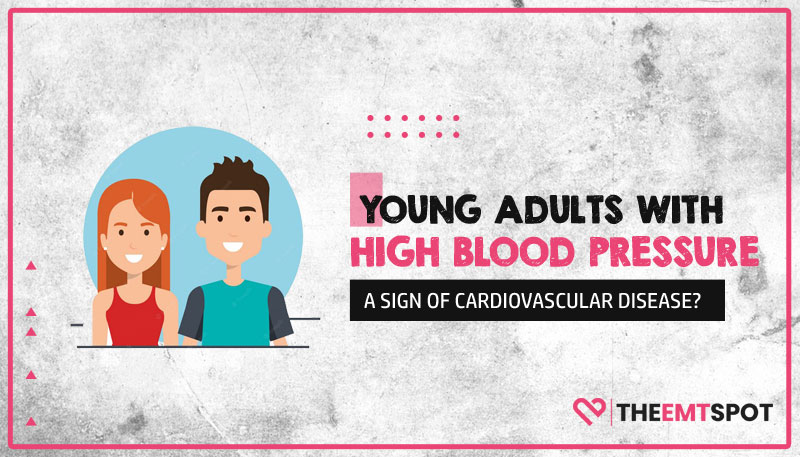
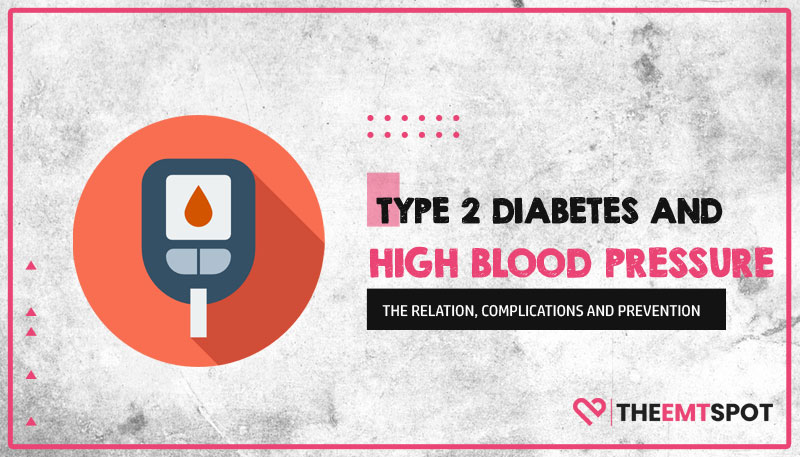
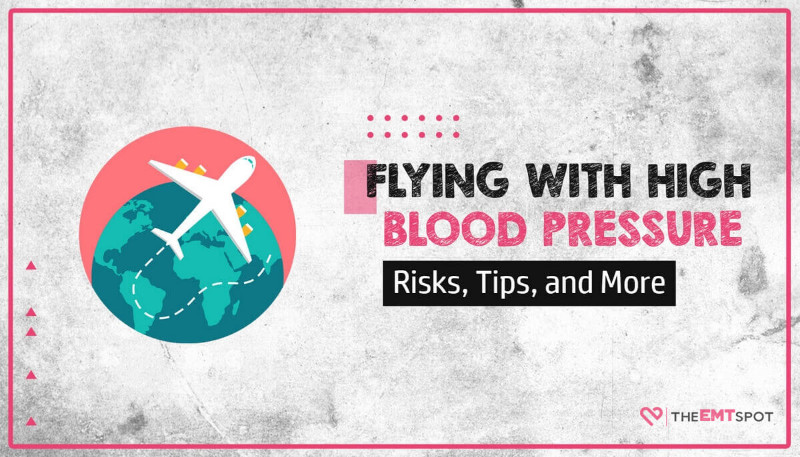
 Robin Backlund is a dedicated journalist and a medical student who has written several articles and essays exposing the falseness and hollowness of online resources in the medical science niche.
Robin Backlund is a dedicated journalist and a medical student who has written several articles and essays exposing the falseness and hollowness of online resources in the medical science niche.